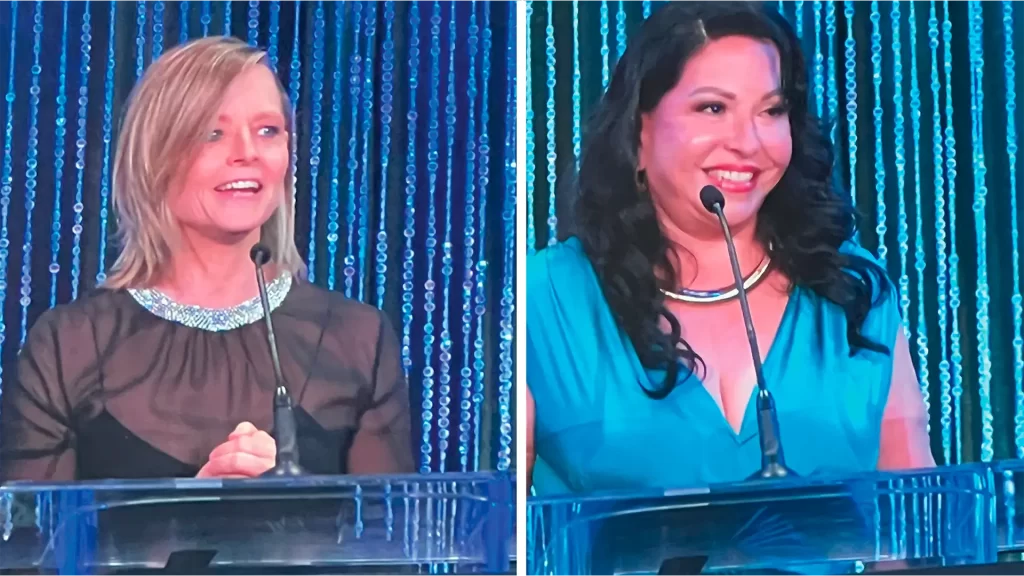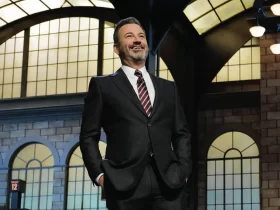Stereotypes of Latinos in Hollywood have been a recurring and problematic issue since the beginning of the film industry. These stereotypes have contributed to a distorted and limited representation of diverse Latin American cultures and experiences, reinforcing prejudices and simplifications that affect public perception and opportunities for Latin actors in the industry.
One of the most persistent stereotypes is that of the “bandit” or criminal. Since the first cowboy movies, Latinos have often been portrayed as outlaws, drug dealers, and gangsters. This stereotype not only dehumanizes Latino characters, but also perpetuates the negative association between Latinidad and crime, affecting the public image of the Latino community.
Another common stereotype is that of the “sensual Latina woman.” Characters such as the “Latina bombshell” or the “femme fatale” are frequently hypersexualized, presenting Latina women as exotic and dangerously seductive. This stereotype reduces Latina women to sexual objects, ignoring their complexity and diversity. Actresses like Salma Hayek and Sofía Vergara have been typecast into these roles, although both have worked hard to challenge these limitations.

The “undocumented immigrant” stereotype is another common trope in Hollywood productions. While immigration is an important part of the Latino experience in the United States, the repetition of these narratives can reduce Latino characters to stories of struggle and marginalization, without exploring other dimensions of their lives. This not only limits the plots in which Latino actors can participate, but also fuels xenophobia and misinformation about the immigrant community.
In addition to these specific stereotypes, Latinos in Hollywood often face superficial representation that does not reflect the community’s internal diversity. Latinos come from more than twenty countries, with a variety of cultures, dialects and experiences. However, Hollywood tends to group them into a single category, erasing their differences and presenting a monolithic and simplistic image.
Despite these challenges, there has been progress in Latino representation in Hollywood. In recent years, we have seen an increase in the quantity and quality of roles available to Latino actors. Movies and series like “Coco,” “One Day at a Time” and “Narcos” have offered more nuanced and respectful representations of Latino experiences. Additionally, there are a growing number of Latino directors, screenwriters and producers who are working to change the narrative from within, creating content that reflects the true diversity of their communities.

In conclusion, stereotypes of Latinos in Hollywood have been and continue to be a significant barrier to fair and accurate representation. However, change is afoot thanks to the efforts of Latino creators and actors fighting for more inclusive and authentic representation. The industry still has a long way to go, but with a continued commitment to challenging and dismantling these stereotypes, it is possible to look forward to a future where Latino stories are told with the richness and complexity they deserve.
For this reason, there are organizations such as the NHMC, National Hispanic Media Coalition, which is a non-profit organization in the United States that is dedicated to promoting the interests of the Hispanic community in the media and the entertainment industry. Its activities include fighting against negative and stereotypical representation of Hispanics in the media, promoting diversity and inclusion in the media industry, and advocating for public policies that benefit the Latino community in terms of access to information. and technology.
More information: www.nhmc.org






































Leave a Reply